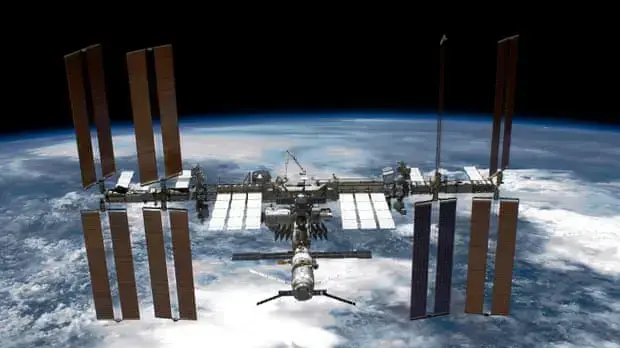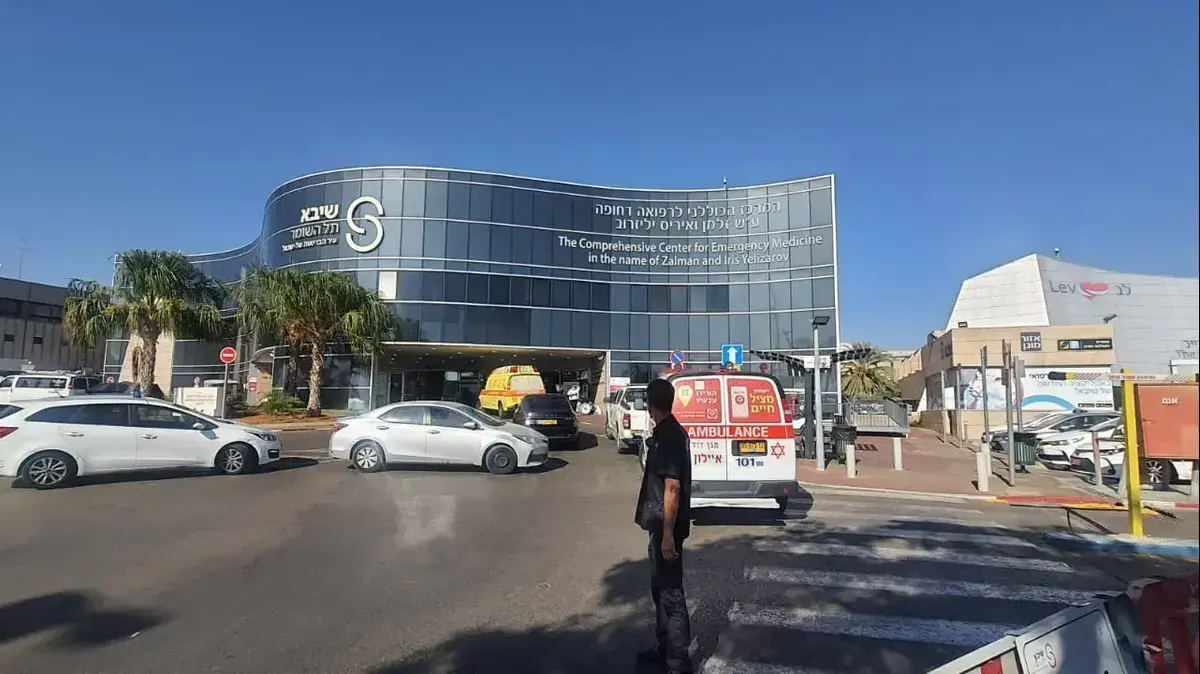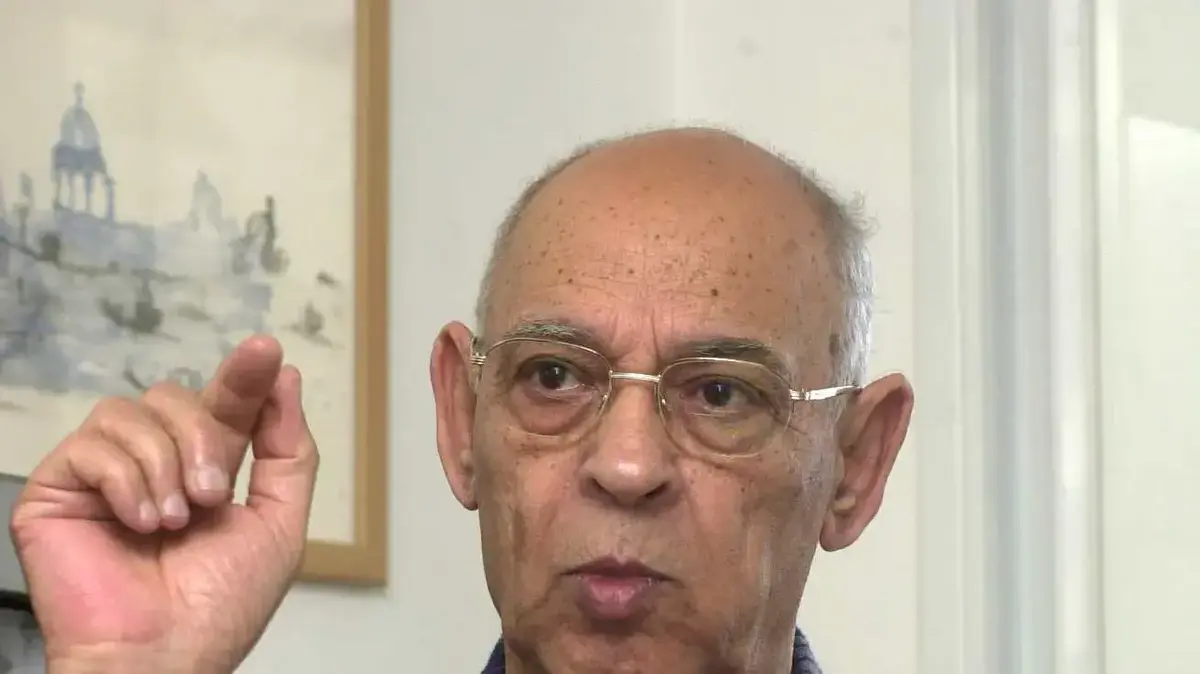Israeli Pride: A groundbreaking experiment for the Israeli astronaut in space
Eitan Steve successfully conducted an experiment in a new technology that is expected to revolutionize space optics and enable the production of giant lenses for telescopes.
At the same time, the experiment was followed live in the control room in Israel.
Watch
Yinon Ben Shoshan
13/04/2022
Wednesday, 13 April 2022, 12:57 Updated: 13:22
Share on Facebook
Share on WhatsApp
Share on Twitter
Share on Email
Share on general
Comments
Comments
Watch an excerpt from the control room in Tel Aviv
Tension in the control room ("Sky" task)
The second Israeli businessman and astronaut, Eitan Steve, conducted an experiment yesterday (Tuesday) as part of the 'Sky' mission, using a unique technology developed at the Technion: production of optical components in space (liquid design under micro-gravity conditions).
The new technology is expected to revolutionize space optics and enable the creation of large and accurate lenses for space telescopes.
These telescopes are of immense importance both in the scientific mission of space exploration and in applied missions including monitoring asteroids that endanger the Earth.
The size of the telescope lens, which affects the resulting resolution, is currently limited by the constraints of launching the optical components into space.
Launching production systems, which include milling and polishing facilities, is unrealistic.
In fact, the innovative technology developed at the Technion will make it possible to produce these lenses in space.
The innovative technology was developed at the Technion by the research team of Prof. Moran Berkowitz from the Faculty of Mechanical Engineering at the Technion, in collaboration between the NASA Ames Research Center, a Sky Mission (led by the Ramon Foundation) and the Ministry of Innovation, Science and Technology.
More on Walla!
The challenges, the difficulties and the immense satisfaction: the women behind Binyamina Winery
In collaboration with Binyamina Winery
It is about creating lenses using a liquid design under micro-gravity conditions based on the physics of liquids.
If the said liquid is a polymer, it can also be hardened in favor of producing optical components of any size.
In previous stages, Technion researchers examined the technology in the system they built in the laboratory;
They then produced the lenses during a parabolic flight, which creates conditions of micro-gravity;
And now, for the first time, the technology on the space station has been demonstrated by astronaut Eitan Steve as part of a sky mission.
The space experiment, which lasted about four hours, involved injecting the polymer, extracting the bubbles formed in it and polymerizing (hardening the liquid) into a solid lens.
Members of Prof. Berkowitz's research group, who sat during the event in the 'Rakia' control room in Tel Aviv, followed the experimental process and the lenses that Steve created on the space station live, now they are waiting to examine them closely with Steve's return to Earth.
Steve also conducted additional experiments in the field of remote medicine - the Urinary Microbiome experiment by researchers Dr. Ben Borsi from the Oncology Center at Sheba Medical Center and Dr. Paul Chang at Thomas Jefferson University Hospital in the United States and an experiment for remote detection of development Emotional distress and stressful situations led by Dr. Harel Brice of Sheba Medical Center - Clinicians and Researchers at ARC, Sheba Medical Innovation Center, Department of Psychiatry at Sheba Medical Center and their partners at Thomas Jefferson University in the USA
. The Ramon Foundation's SpaceSlab program called 'The Power of Moringa' The purpose of the experiment is to test the possibility of using moringa seed powder (which absorbs pollutants) and pieces of copper (which kill bacteria) to purify the water in the spacecraft.
technology
Tags
Ethan Steve
International Space Station















